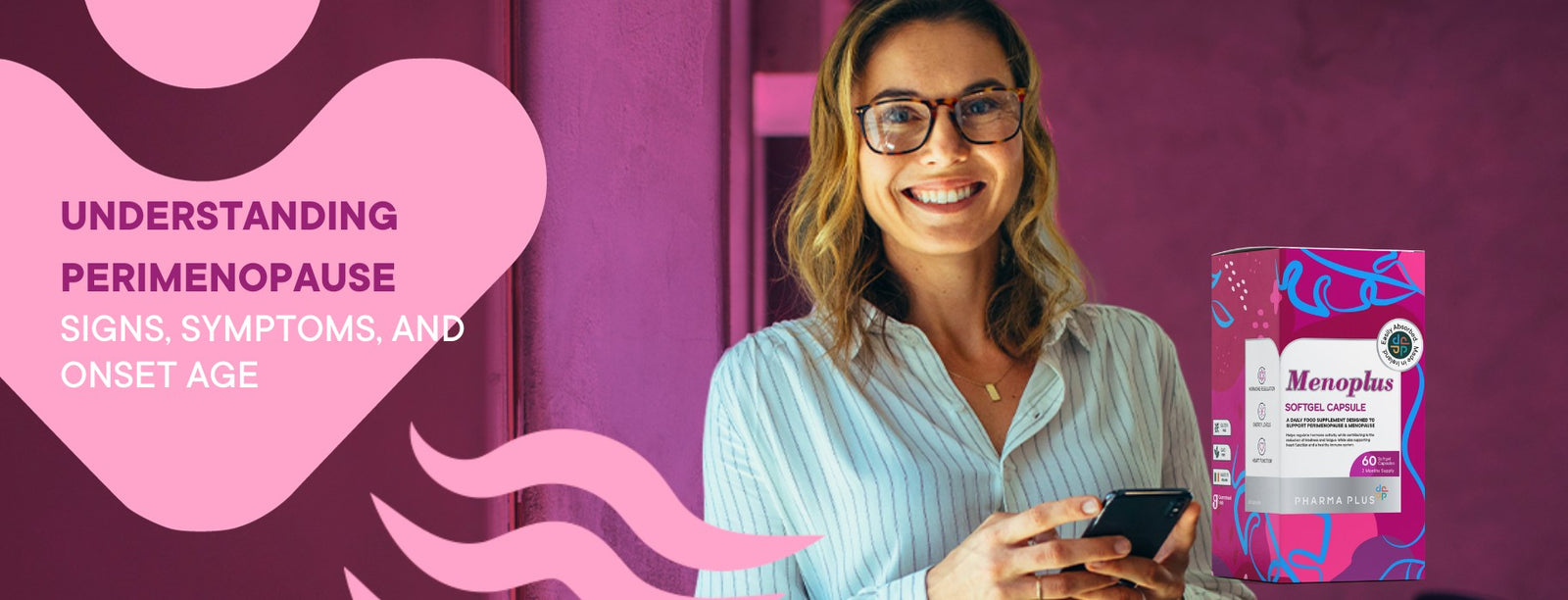Perimenopause is a significant transitional phase in a woman's life, marking the gradual shift toward menopause and the end of reproductive years. Recognizing the onset age and understanding its symptoms can help women navigate this phase with greater ease and confidence.
What is Perimenopause?
Perimenopause refers to the period leading up to menopause, during which the body undergoes a natural transition as hormone levels fluctuate. This phase is characterized by gradual changes in menstrual cycles and the onset of various symptoms due to shifting hormone levels, primarily estrogen and progesterone. Knowing what to expect can make this transition smoother and less stressful.
When Does Perimenopause Typically Begin?
Perimenopause generally starts several years before menopause, which is when menstruation stops completely. While the exact age of onset can vary, it often begins in a woman's late 30s or early 40s. Factors like genetics, lifestyle, and overall health can influence when this phase begins and how long it lasts.
Common Symptoms of Perimenopause to Watch For
1. Irregular Periods:
One of the earliest signs of perimenopause is irregular menstrual cycles. You might notice changes in the length of your periods, the amount of flow, or even skipped cycles.
2. Hot Flashes and Night Sweats:
Sudden waves of heat, known as hot flashes, and excessive sweating, especially during the night, are common symptoms that many women experience during perimenopause.
3. Mood Swings and Emotional Changes:
Hormonal fluctuations can lead to mood swings, irritability, anxiety, and even feelings of sadness. Emotional changes are prevalent during this transitional phase.
4. Sleep Disturbances:
Perimenopause can bring about sleep issues, such as insomnia or difficulty staying asleep, which can lead to daytime fatigue and affect overall mood and well-being.
5. Changes in Libido:
A decrease in sexual interest or changes in sexual response is often observed during perimenopause, which may be linked to hormonal shifts affecting libido.
6. Vaginal Dryness and Discomfort:
Lower estrogen levels can cause vaginal dryness, making intercourse uncomfortable. This symptom can lead to both physical and emotional challenges, but solutions are available.
Navigating Perimenopause: Tips for a Smoother Transition
Understanding perimenopause and being aware of the signs can help women better manage this natural transition. Although the experience varies for each woman in terms of symptom intensity and duration, adopting a healthy lifestyle and seeking support from healthcare professionals can significantly ease the process.
Eating a balanced diet, staying active, managing stress, and exploring treatments like hormone replacement therapy (HRT) or natural supplements can also be effective in managing symptoms. If you're noticing symptoms that interfere with your daily life, consider talking to a healthcare provider for guidance on how to navigate this phase smoothly.
Embrace the Transition with Knowledge and Support
Perimenopause is a normal, natural part of aging, and understanding what to expect can empower women to take charge of their health. By recognizing the typical age of onset and being aware of the associated symptoms, you can better prepare for this transformative period. Remember, you're not alone in this journey. Support, knowledge, and self-care are key to navigating this new chapter of life with confidence.
At McGorisks Pharmacy, we're here to provide information, products, and expert advice to help you through every stage of your health journey. Reach out to us for support and solutions that can make this transition easier.
